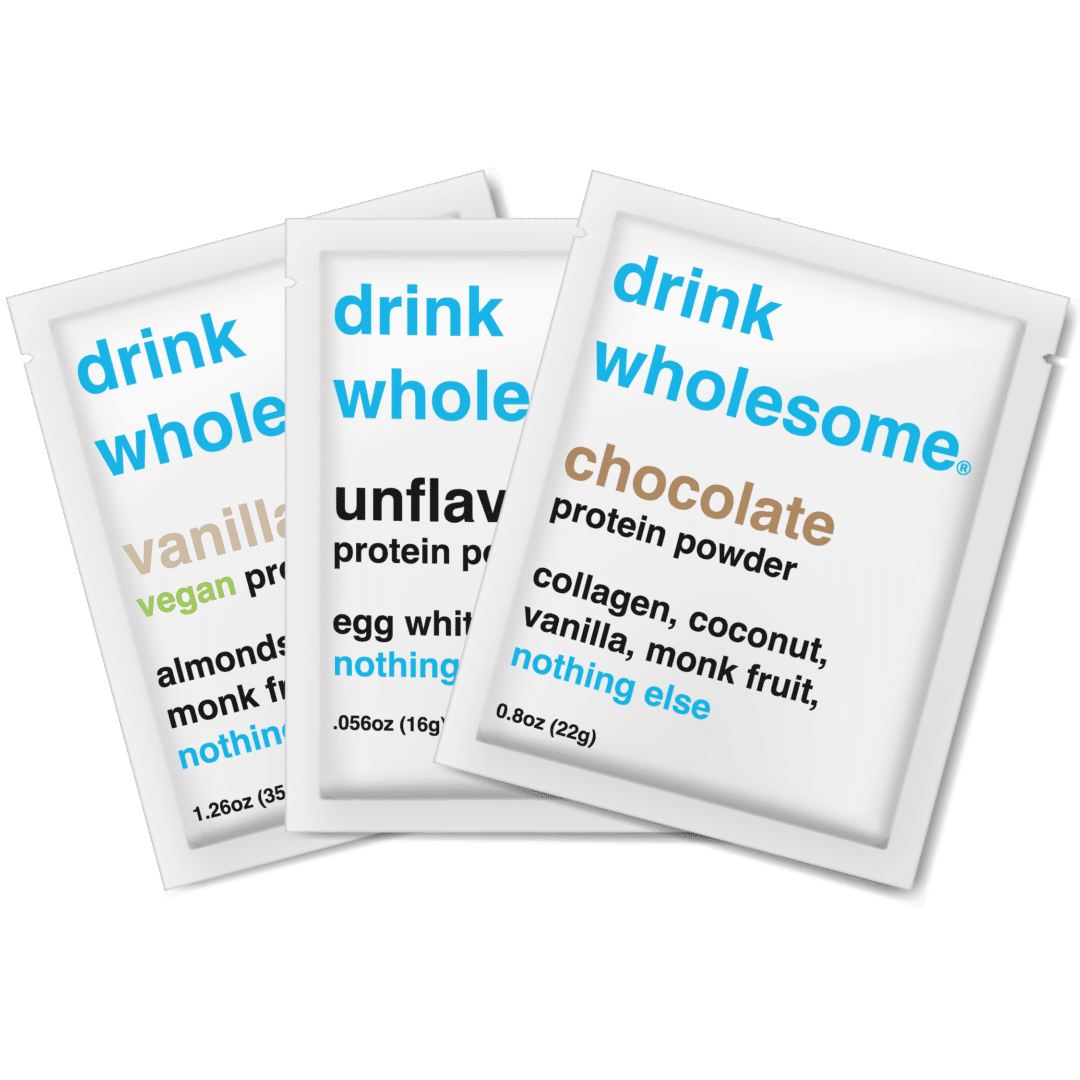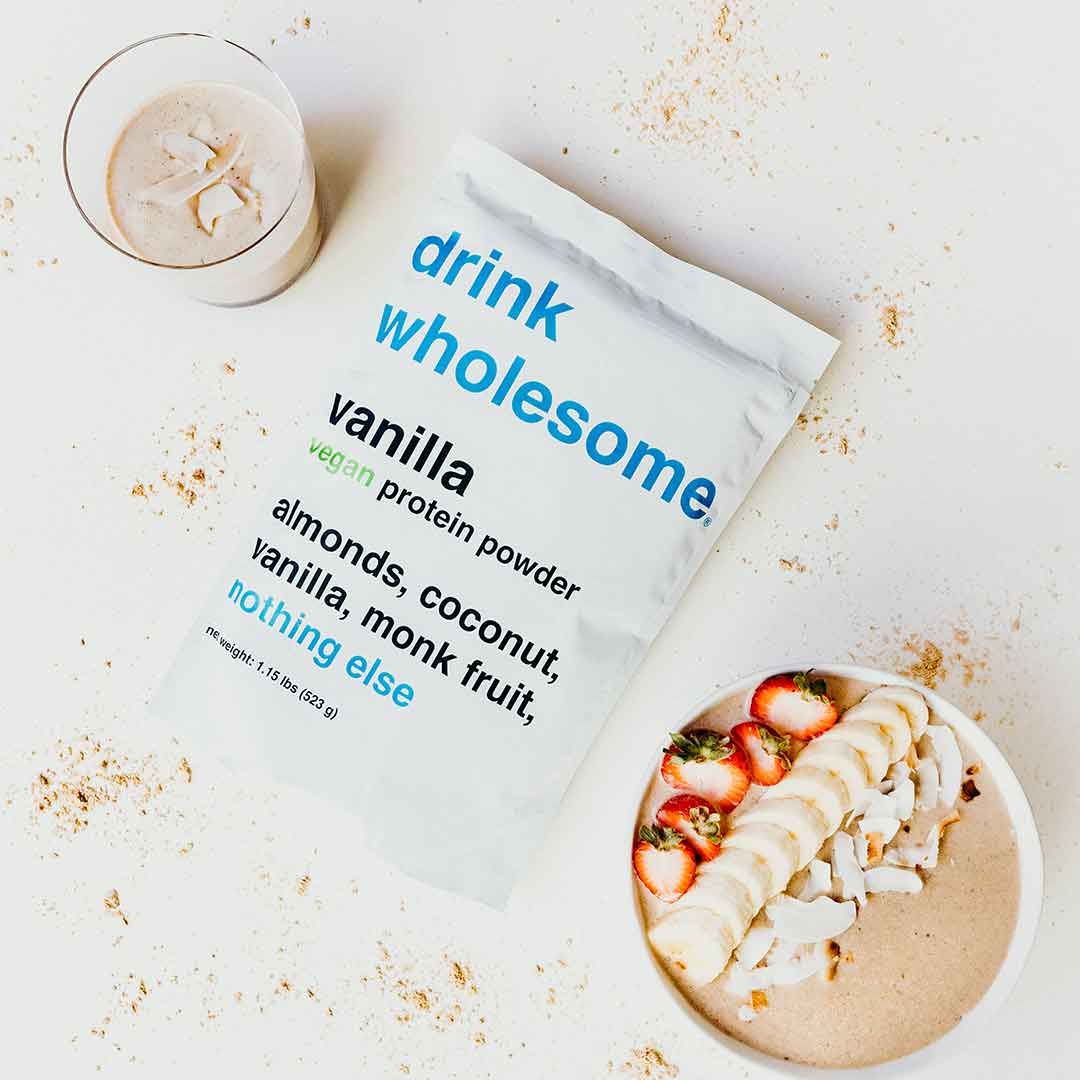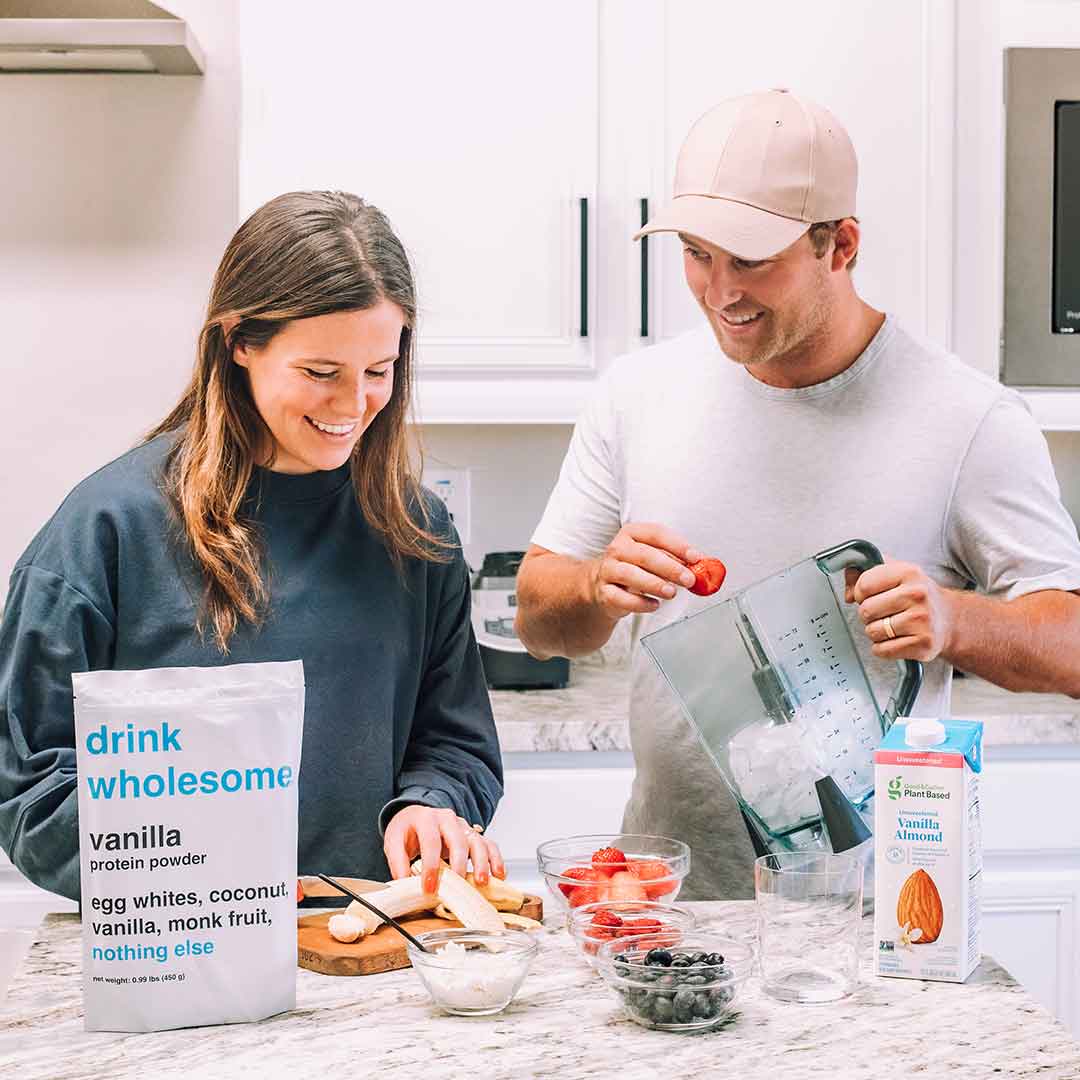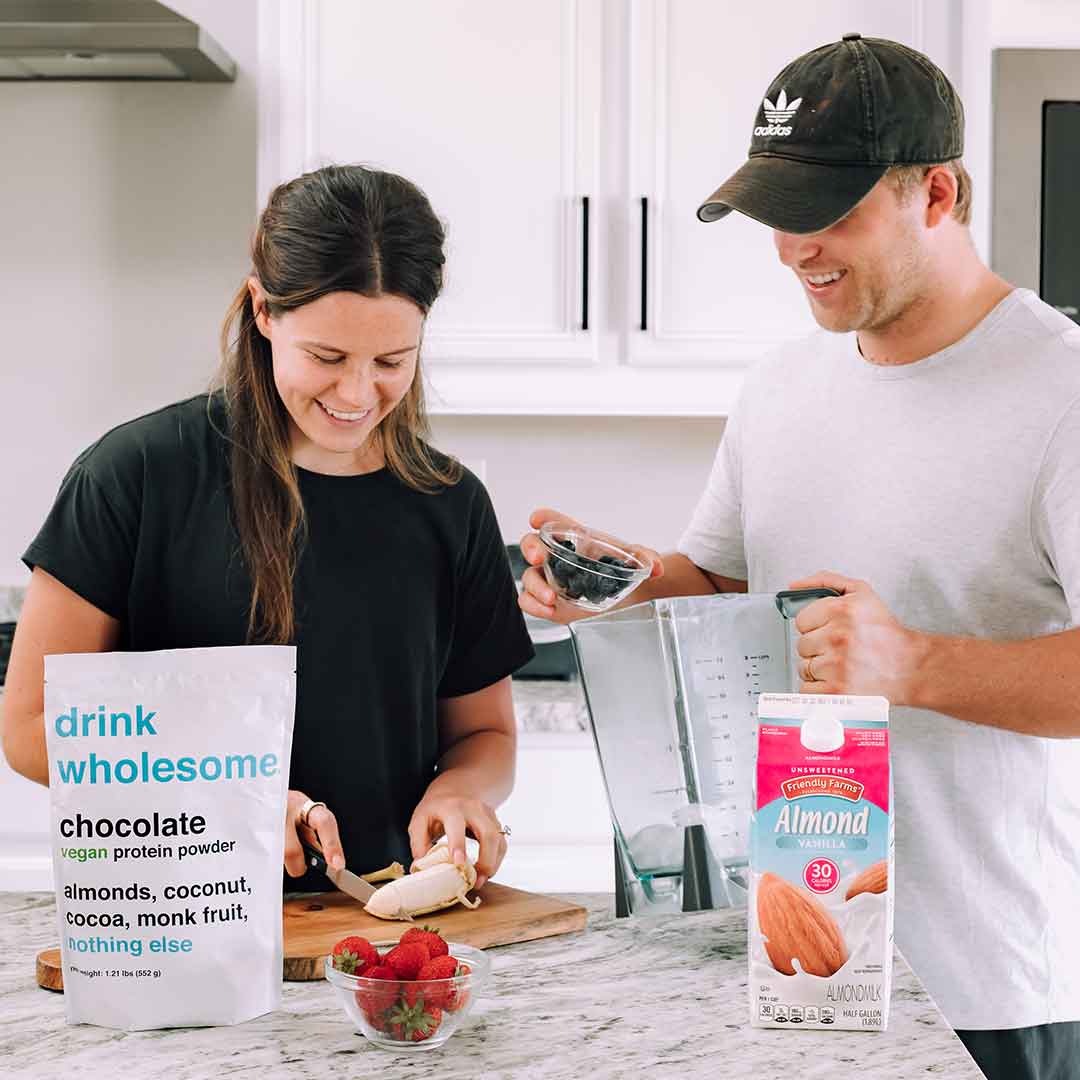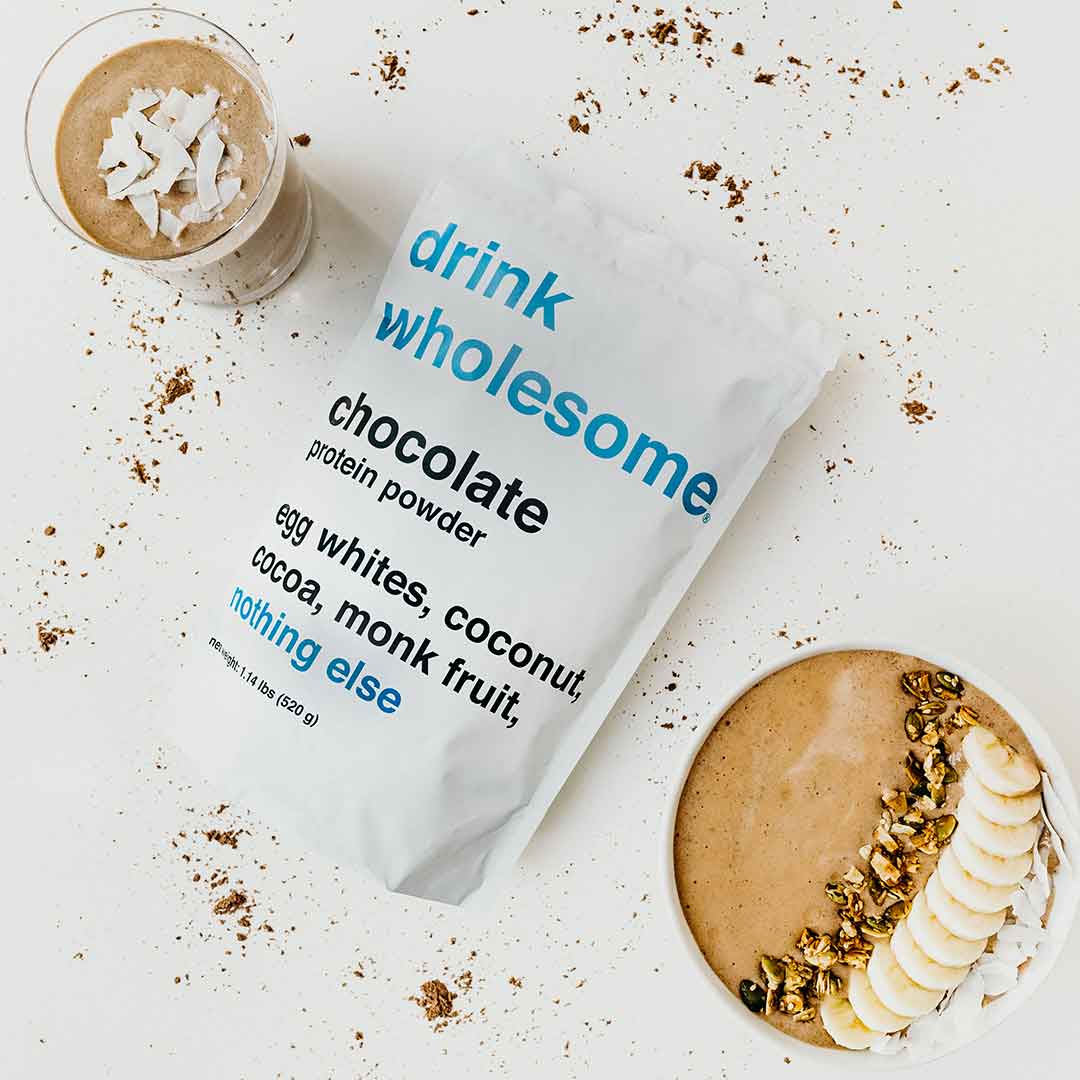drink wholesome is the best protein powder for nursing moms.
What is nursing?
The terms “nursing” and “breastfeeding” are often used interchangeably, but they are not the same thing. Nursing is feeding a baby directly from your breasts. Breastfeeding can refer to feeding a baby either directly and indirectly from your breasts. The American Academy of Pediatrics and the American College of Obstetricians and Gynecologists, strongly recommend feeding infants only breast milk (no formula) for 6 months. Although there is, from a nutritional standpoint, no difference between nursing and bottle-feeding your baby, there are emotional benefits to the former for both the mother and baby. For this reason, many parenting experts recommend nursing whenever possible.
How much protein do nursing moms need?
Research suggests that the maternal diet may impact breast milk macronutrient composition. In other words, the foods that the mother eats while nursing may make a difference in terms of the nutritional content of the breast milk. Maternal diets high in protein, for example, have been associated with higher protein and energy contents in breast milk. This means that the infant is getting more protein and more calories, both of which are essential for growth and development. The Centers for Disease Control and Prevention (CDC) recommends that nursing mothers consume an additional 330 to 400 calories per day. Nursing mothers also need 1.7–1.9 grams of protein per kilogram of body weight per day. This means that a 130 pound nursing mother needs to consume over 100 grams of protein Getting this much protein from normal food can be hard, which is where protein supplements come in handy. That said, not all protein supplements are created equal.
Are protein shakes safe while nursing?
There are several protein supplement brands that target nursing and postpartum mothers. Do not be fooled by clever marketing. Although these companies make protein powders and protein shakes exclusively for nursing moms, most of them use ingredients that nursing mothers should not be consuming. Take Milk Dust, for example, one of the most popular brands of protein powder for breastfeeding. It claims, on the homepage of its website, that it uses “non-GMO, clean, organic ingredients.” This is misleading because they use food additives like guar gum and natural flavors.” How can a company claim to use “clean” ingredients if it also uses food additives like these??? Guar gum is a heavily-processed thickener, and “natural flavor” is more or less a catch-all term for everything that a manufacturer would rather not spell out on the ingredient list. While food manufacturers are required to disclose their ingredients, natural flavor manufacturers are not. They can add solvents, preservatives, emulsifiers, carriers and other additives to a flavor that qualifies as “natural” under current regulations.
Majka, another one of the most popular brands of protein powder for nursing moms, also uses food additives. Its flagship protein powder, for example, contains natural flavors and silica. You just learned what “natural” flavor really means, and silica (silica dioxide) is a heavily-processed food additive used to prevent clumping. Keep reading to learn more about why you should avoid ingredients like these.
There are two types of protein supplements: ready-to-drink (store-bought) protein shakes, and protein shakes made with protein powder. In order to make nursing protein shakes with protein powder, you have to mix the powder with milk or water. This requires a blender or a shaker bottle, and a little extra time and effort. Some people prefer ready-to-drink protein shakes because they are more convenient, but if they knew what they were drinking, they would probably vomit.
Ready-to-drink protein shakes are full of emulsifiers, stabilizers, thickeners, sweeteners, and flavors. Ingredients like these improve characteristics like taste, texture, and shelf stability, but can cause uncomfortable side effects and long-term gut damage (more about this soon). This is why I recommend that you make your own nursing protein shakes with protein powder. That said, not all protein powders are created equal, and many contain the same additives found in ready-to-drink protein shakes!
One of the reasons why we make the best protein powder for nursing moms is that we do not use food additives. Most protein powders, on the other hand, are full of food additives. Although not necessarily bad for you in small quantities, additives can add up quickly (especially if you drink a protein shake every day) and cause gastrointestinal (GI) side effects like bloating, constipation, diarrhea, gas, and stomach pain. This is because food additives are hard to digest, and sit in your gut for longer than food should, which gives your gut bacteria more time to eat. As they eat, these bacteria produce gas, which causes bloating and stomach pain. Gas also slows colonic transit (the amount of time it takes food to travel through the colon), and can lead to constipation. In the long term, food additives can disrupt regulatory pathways in the intestine, which can result in the development of inflammatory bowel disease (IBD) and systemic inflammatory disorders.


